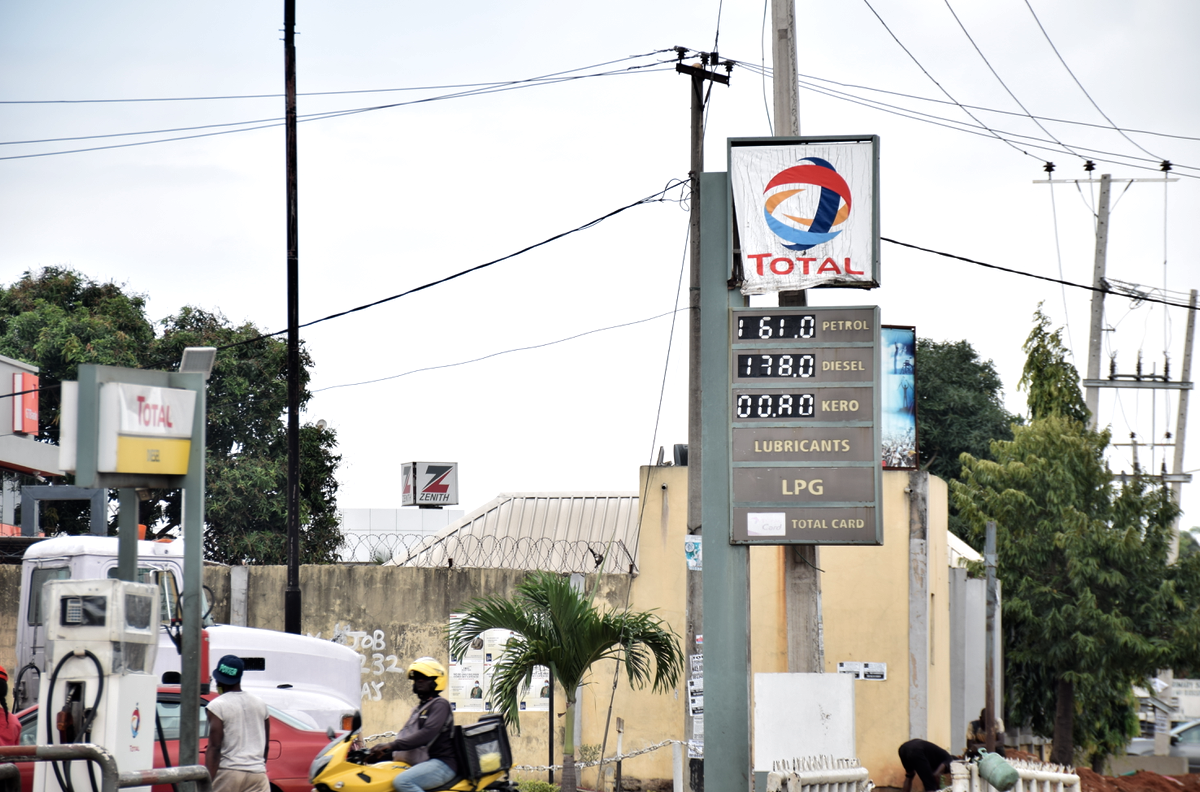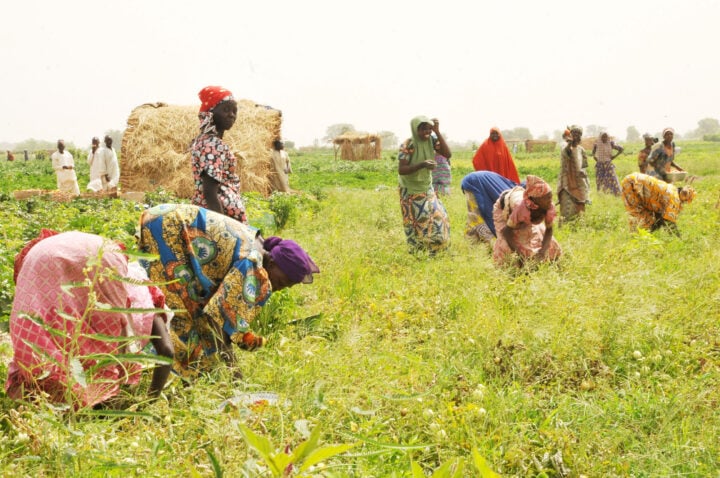Nigeria was easily among the most promising countries around the world in the 1960s with regard to being agricultural producers. Indeed, Nigeria had between 1962 and 1968 enjoyed agriculture as its main earner of foreign exchange. In addition, Nigeria also enjoyed a status of being the world’s topmost exporter of palm oil, ahead of Malaysia and Indonesia, while it also led the United States and Argentina in the export of groundnuts which stood at 47 percent.
A combination of oil boom and the outbreak of the civil war in 1966 however ensured that Nigeria experienced a steep decline in agriculture and things were never the same again. More than five decades after, and at a time that agriculture has become a multi-billion dollar business in some countries around the world, Nigeria has found itself groping in less sufficiency which has seen the country produce only 18 percent of the world output of cocoa, although it had been second in the world in the 1960s. Even though Nigeria produced about 65 percent of tomatoes for export in West Africa in the 1960s, today it has become the largest importer of tomatoes.
The prevailing adverse impact of the Covid-19 pandemic has also revealed the dire situation in Nigeria’s agriculture sector. The implication of this development is as dire and government has tried to mitigate the impact by importing foodstuff to the country. What lay ahead of the next few months can only be imagined in terms of food crisis. What cannot be disputed is that Nigeria has regressed from being self-sufficient in food production to being a net importer of products like fish, sugar and rice.
Climate change poses great danger to the world’s agriculture, and Nigeria is not an exception.
Advertisement
However, latest development at the Ijale Orile village in the Abeokuta North Local Government Area of Ogun State where Agro Empire Estate has acquired a 20-hectres land with which to turn agriculture in Nigeria into a veritable business venture that would provide employment for teeming youth in the country, as well as ultimately helping the country meet its food needs, especially in the plantain production where Nigeria struggles to produce only 20,000 tons annually, even as it needs 120,000 tons, deserved mention. In addition to the farm estate situated on the ECOWAS route leading to the Republic of Benin, which has the potential of opening up the Ijale Orile community to international business, thereby improving the lives of people in the area, the estate also projected to produce a business environment that would be export-oriented and would be complete with research and development, waste recycling, agro tourism and museum, storage and warehouse, goatery and piggery, among others.
Already, the Ogun State government has brought its influence to bear on the farm estate after declaring its plans to invest in the project with a view to boosting the state’s agriculture potential.
“We are always for any plans that would increase food sufficiency for our people while also helping our teeming youth to take to agriculture as a means to attaining prosperity,” Dr Angel Adelaja-Kuye, Senior Special Adviser to the Ogun State Governor on Agriculture, said at the ground breaking of the farm estate last week.
Advertisement
“We are also committed to encouraging investors to buy into the project in the interest of Ogun State in particular and Nigeria in general,” Adelaja-Kuye also said.
Adedapo Moshood, Managing Director of Agro Empire Estate, said revolutionising the Nigeria’s agriculture sector was achievable, as the sector has remained untapped for years.
“I think we would not have spent the last few years studying on this project seriously if we did not expect success out of it. But we are also aware that the success cannot be achieved without inputs from government, investors and especially the Ijale Orile community,” Mustapha said.
Chief Julius Elegbede, the Alatunse of the Idale Orile community, said he would mobilise his people towards ensuring desired success for the farm estate.
Advertisement
“This is the best thing that has happened to my community in many years. We cannot wait to start enjoying the benefits of this project sited here,” the traditional leader said.
According to Adelaja-Kuye, the Ogun State government has finalised plans to improve on the road network and other infrastructure in the Ijale Orile community which shares border with the Alamala Army Barracks.
Views expressed by contributors are strictly personal and not of TheCable.
2 comments








Good. Only if the State can handle Fulani herders menace. They have ravaged farms in OOLG – Asu community near Day Waterman college, for example.
Great initiatives from great mind